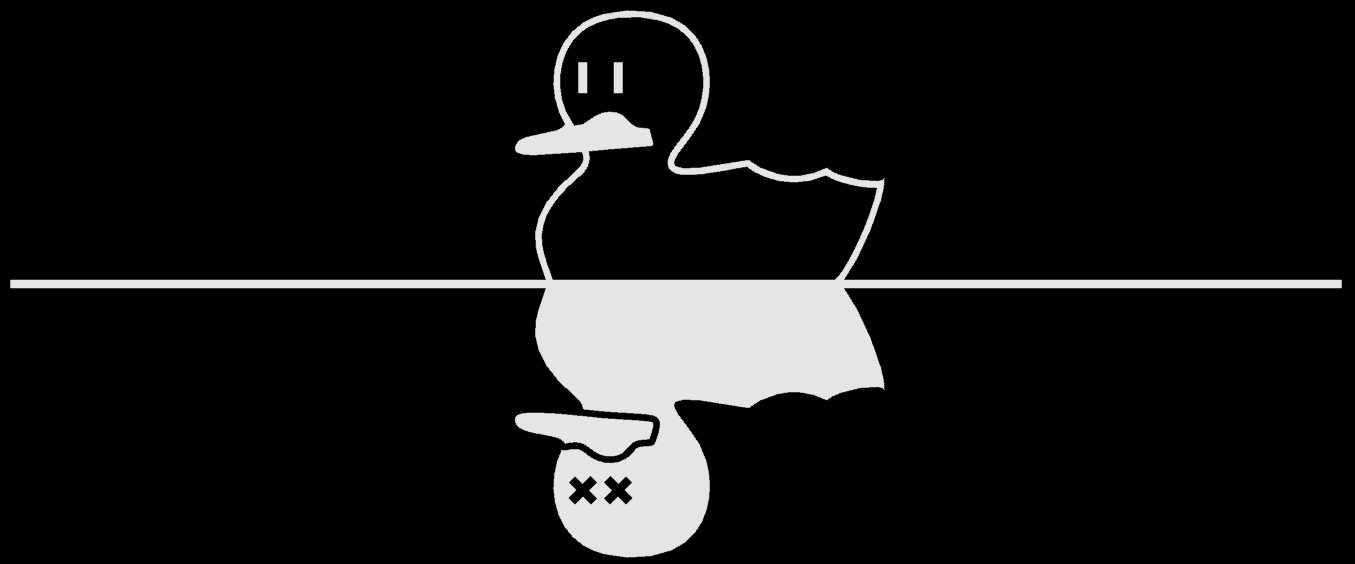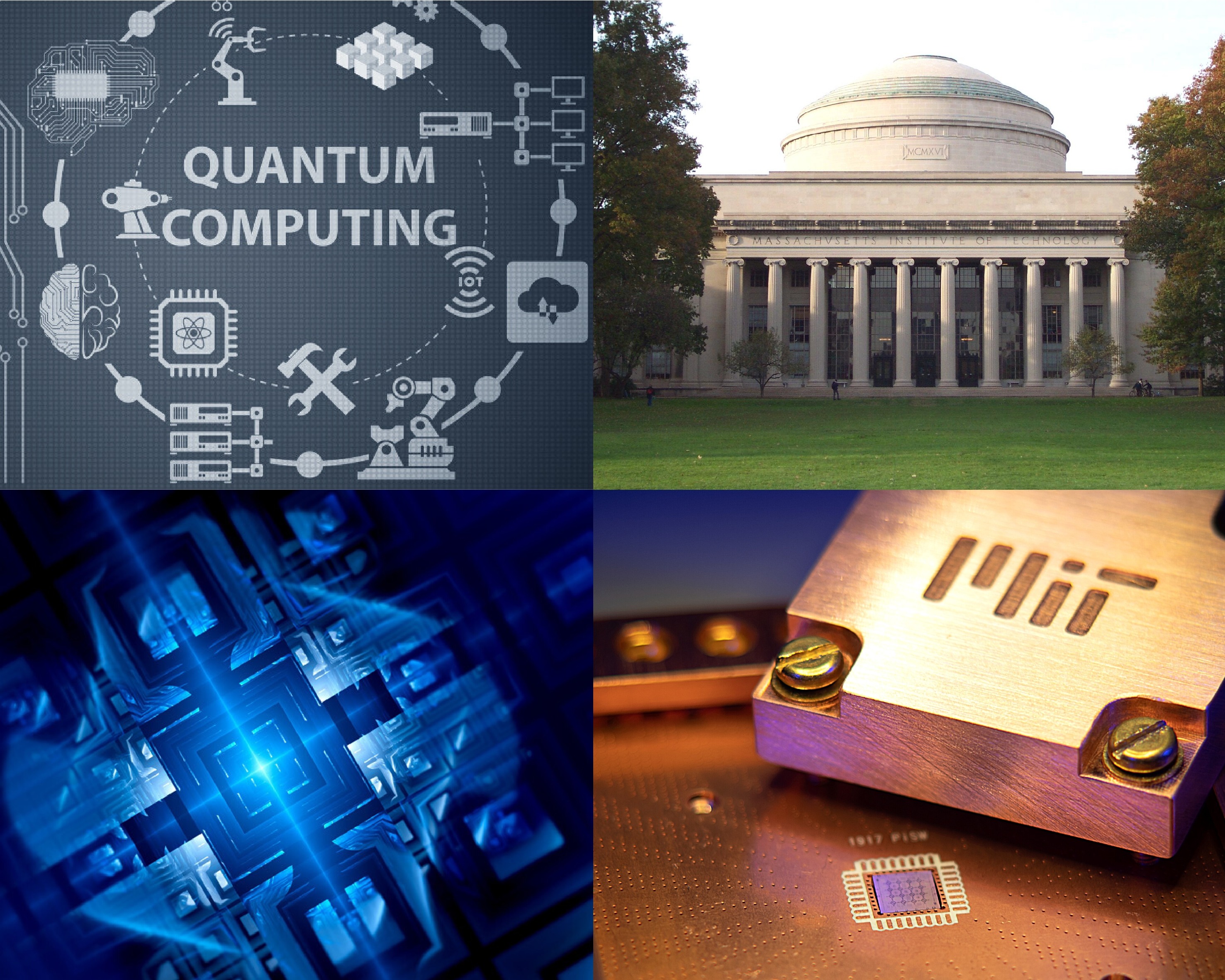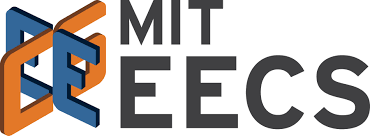Results
Check out our Github for this year's submissions!
If you are interested in sponsoring next year's event, email iQuHACK@mit.edu.
About
iQuHACK (interdisciplinary Quantum HACKathon) is MIT's first annual quantum hackathon. We aim to bring people from a diverse set of backgrounds, including physics, computer science, chemistry, and the arts together to explore improvements and applications of near-term quantum devices. As a part of iQuHACK, we are also hosting a workshop on Friday January 31st. The workshop is focused on the properties and applications of NISQ devices, and is aimed at preparing you for the hackathon.
No need to have a background in quantum information! Along with IBM instructors, we will teach you the basics of quantum circuits, algorithms and the types of projects that can be done with IBM's Qiskit. Your projects will be run on a real quantum computer hosted by IBM Q Experience!
| Tutorials: | January 31st |
| Hackathon: | February 1st-2nd |
| Location: | Campus of the Massachusetts Institute of Technology |
FAQ
- What is MIT iQuHACK?
- A hackathon is a focused, multi-day event where participants work collaboratively to create code-based projects. MIT iQuHACK is a hackathon focused on learning what quantum computers are and how to use them. By participating in the in-person hackathon, you will have the opportunity to develop your program and run it on real quantum hardware! This year, we are also offering the option to participate remotely on simulator-based challenges.
- When and where will MIT iQuHACK happen?
MIT iQuHACK will be held January 29-30, 2022. We are planning for a full-remote event with live-streamed talks, networking events, and challenges. There will be optional workshops offered on Friday, January 28, 2021. All active sessions will take place in Eastern time.
- Who can participate in iQuHACK?
iQuHACK is open to all students (high school, undergraduate, graduate), non-faculty university affiliates (e.g. post-doc) and professionals that registered and were confirmed (via email) for the event. Registration will close on January 21st, 2022. No (virtual) walk-ins will be permitted.
- Do I have to pay to participate at MIT iQuHACK?
No, participation in iQuHACK is free! Snacks, drinks, and some meals will be provided for all registrants during the hackathon.
- What will I eat?
We'll provide all meals from Saturday breakfast through Sunday dinner for hackathon participants. We will do our best to accommodate any dietary restrictions. There will also be coffee/snacks throughout the hacking period.
- How do I sign up for MIT iQuHACK?
You can sign up at the link above.
- Are there accommodations available for participants from out of town?
Unfortunately, iQuHACK is unable to provide accommodations (including but not limited to transportation and housing), and sleeping on-site is not permitted. We will close the hacking rooms at 10pm every day.
- What do I get for participating at MIT iQuHACK?
MIT iQuHACK's goal is to extend your quantum computing knowledge and give you experience using the world's most advanced quantum computers. You'll get the opportunity to learn from experts and network with other individuals interested in quantum computing. Last but not least, you'll have a shot at winning some cool quantum swag items.
- How can I prepare for MIT iQuHACK?
An optional workshop will be offered on Friday, January 28th to provide you with a basic introduction to quantum processing and how to interface with quantum hardware. Optional resources and tutorials will also be offered and advertised to provide you with a basic introduction to the Quantum SDKs needed to compete in MIT iQuHACK. Additionally, if you are an MIT student, you can enroll in 6.s089, which is offered over IAP 2022.
Before iQuHACK 2022 begins, you should prepare an electronic device that will allow you to write code (e.g. laptop). We would also highly recommend that you install and test the Quantum SDKs you wish to use, ahead of time.
You can also prepare on your own using online resources; but remember, in the interest of fairness, you can't start working on your project for the hackathon before it begins!
- What programming languages are allowed?
For both in-person challenges, we will be using Python. More information about in-person and remote challenges will be announced later.
- How will the teams be formed?
Teams must have at least 3 members and no more than 5 members. Participants are welcome to form teams on their own prior to the event; however, there will be a period at the beginning of the event for official team formation.
- What should I bring to MIT iQuHACK?
If you participate in-person, please bring a valid student ID or government-issued ID for admission. You should bring a WiFi capable electronic device that will allow you to write code (e.g. laptop). We would highly recommend that you install and test the Quantum SDKs you wish to use, ahead of time. If you like to be comfy, consider bringing a pillow or a blanket. A few weeks before the hackathon begins you will receive information on specific preparation tasks.
- Who is hosting MIT iQuHACK?
iQuHACK is hosted by MIT's Interdisciplinary Quantum Information Science and Engineering (iQuISE) program, a student led organization of graduate students and post-docs with research interests in experimental and theoretical quantum information science, computation, and communication. For more information about iQuISE send an email to iquise-exec@mit.edu or visit www.iquise.mit.edu.
More questions? If you have a question not answered by the FAQs or the introduction above, feel free to send an email to iquhack@mit.edu.
iQuHACK Organizing Committee
Michael Walsh, Amir Karamlou, Francisca Vasconcelos, Ben Lienhard, Eric Bersin, Ian Christen, Kevin Chen, Yuan Lee, Maddie Sutula
Platform Sponsors
Sponsors










